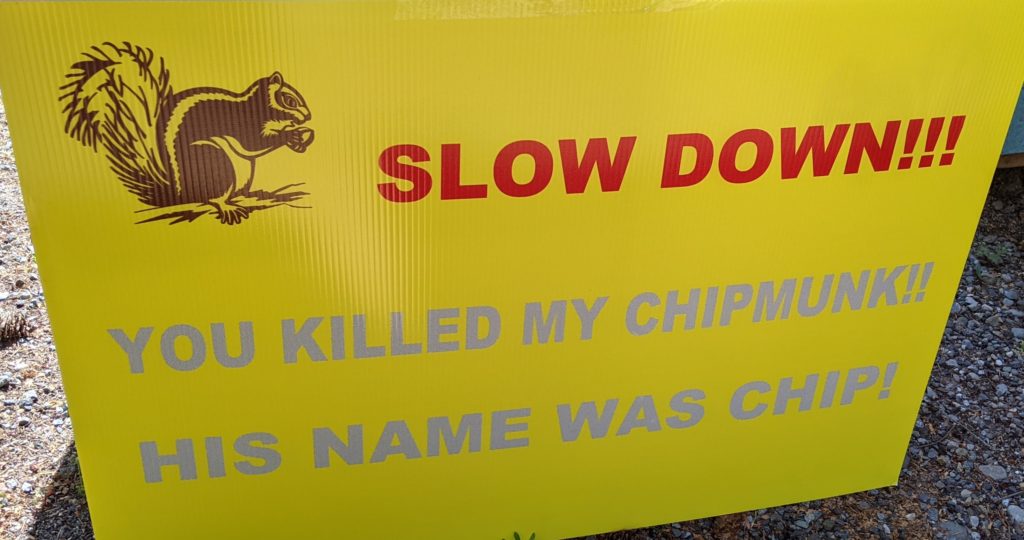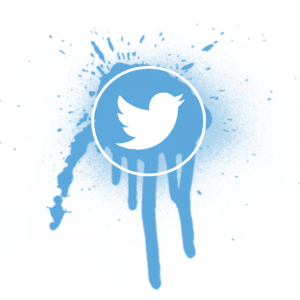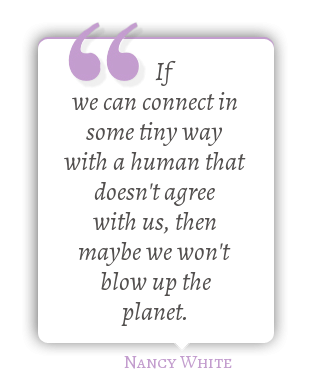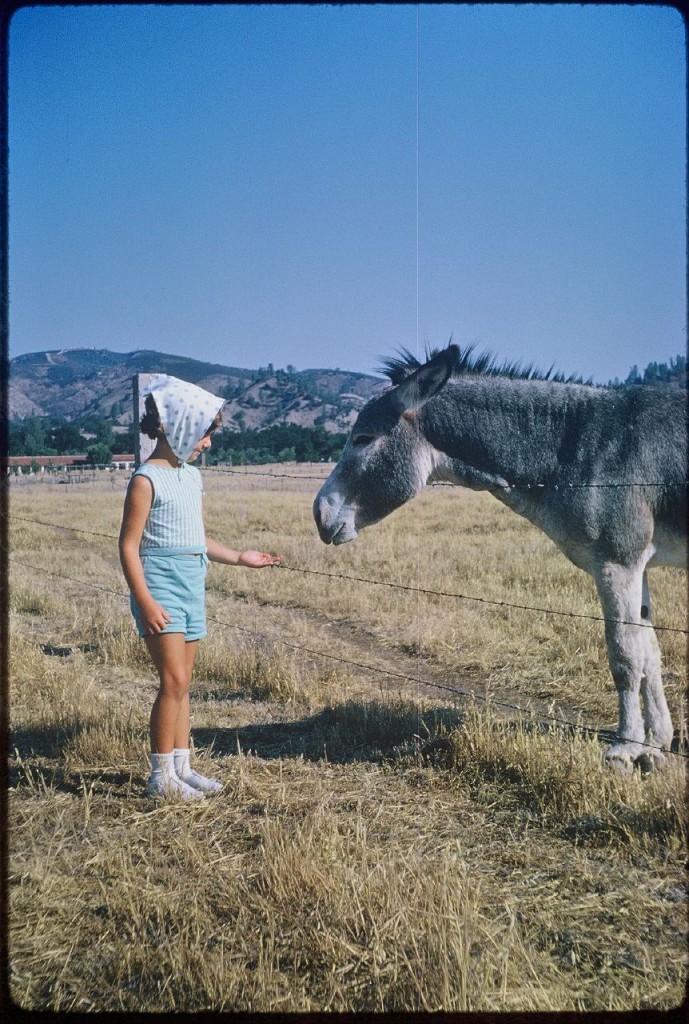From the draft archives: I never quite figured out how I felt to be have a quote noted as a motivational quote. 🙂
Category: social media
From the Archives: Twitter Creates a Social Sixth Sense (NO!)
From the Draft Blog Post Archives: Well, this is interesting from 2013. I think instead of helping us sense ourselves, it helps us blind ourselves to others different from us. This one has NOT aged well!
It’s like proprioception, your body’s ability to know where your limbs are. That subliminal sense of orientation is crucial for coordination: It keeps you from accidentally bumping into objects, and it makes possible amazing feats of balance and dexterity.
Twitter and other constant-contact media create social proprioception. They give a group of people a sense of itself, making possible weird, fascinating feats of coordination.
via Clive Thompson on How Twitter Creates a Social Sixth Sense.
Social Media Did Us In?
This snippet from my draft posts from mid 2010 still rings true. I did not get around to writing much more, but as I reflect on it in 2022, I think about the societal fragmentation we are experiencing in the US and one can’t avoid thinking about the role of social media in that fragmentation…
“The cohesion or sociality that hold an online group together are far less explicit than I recall even a decade ago (Yahoo groups, or prior to that, online bulletin boards, the Well (I never joined)). The enabling structure of engagement is no longer the group or network. Instead, it’s a tweet, or a single picture.”
Nancy
Oh dear, were we wrong in 2009: Facebook as a Sustainability Pillar
Conspicuous, but not Consuming | GOOD – Why Facebook is more important to the environment than solar panels.

Reading back to this post I can only feel sadness for the delusions we had about the Internet in the early days. Even as late as 2009. Here is the quote that breaks my heart.
The growth of social networks indicates a fundamental shift in patterns of human behavior. The unsustainable practice of ever-increasing consumption of physical goods, and expressing oneself through what one purchases and displays, is being replaced by increasing consumption of virtual goods through virtual channels. This is good news for the sustainability of our economy.
Back in the day when I thought Twitter was amazing…

The blog post about Twitter from the amazing, generative and poetic Chris Lott is gone, but this snippet from 2017 remained in my draft blog posts.
Ruminate » Blog Archive » Twitter Community of Practice
A paper presented here today analyzing a mobile social network application (kind like Twitter with groups, but only accessible from mobile devices) using “information ground” theory has me thinking about Twitter and the immensely important community of practice that it, like blogging, has allowed me to participate in I’m very curious if Twitter, an analogous system in multiple ways, will demonstrate the same characteristics regarding directed, non-directed, social revelation, witty banter, etc.
It’s still vague, but I have some ideas. One part would involve content coding… what “kinds” of Twitter posts are there that we can identify just by looking at them. A few off the top of my head (and a single Twit could invoke multiple categories… and some of these categories could likely be broken down further):
* link sharing
* social sharing (the classic twit)
* direct questions
* direct answers
* banter (generalized)
* banter (directed to in-group)
This was back in the day when I was deeply engaged with many people and networks on Twitter. It felt generative. In a discussion with a friend today, she said she never uses it anymore. I said I use it when I want to know about breaking news, particularly at the local level. But I never “read” it anymore. Partly because I’m less into social media consumption, and partly because the combination of polarized issues and siloed conversations seem counter productive.
Do you still use Twitter? How?
Image from Pixabay


